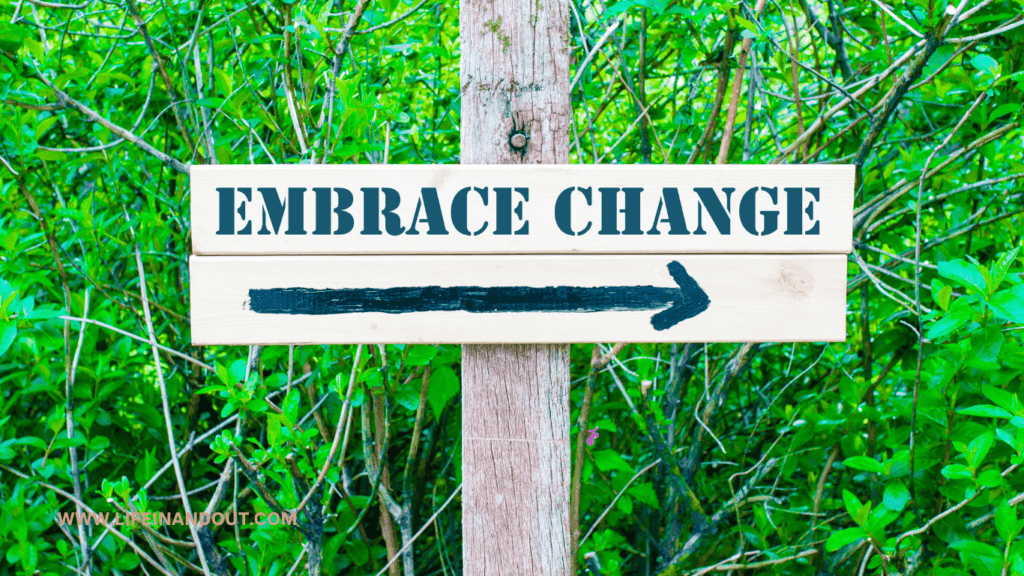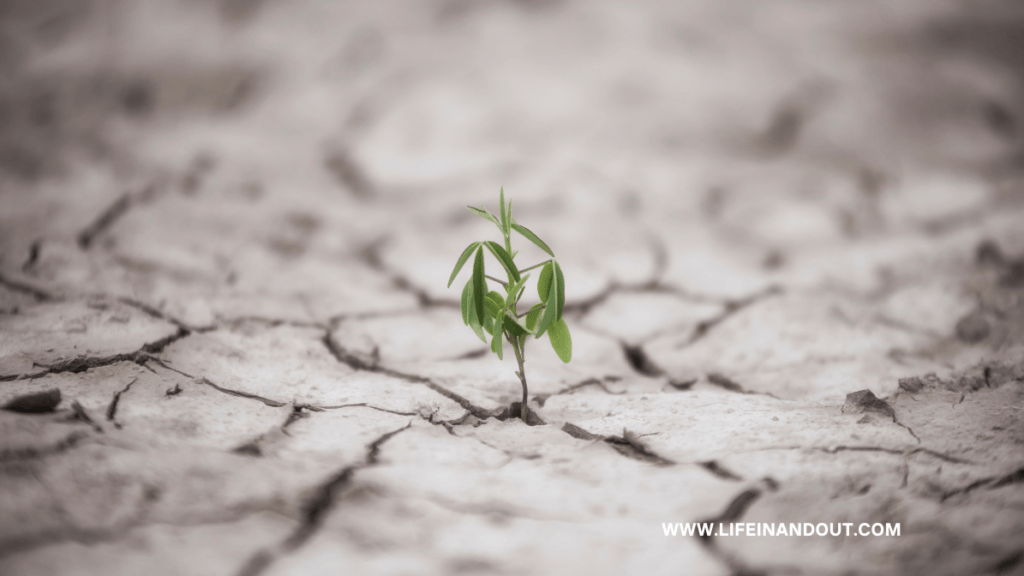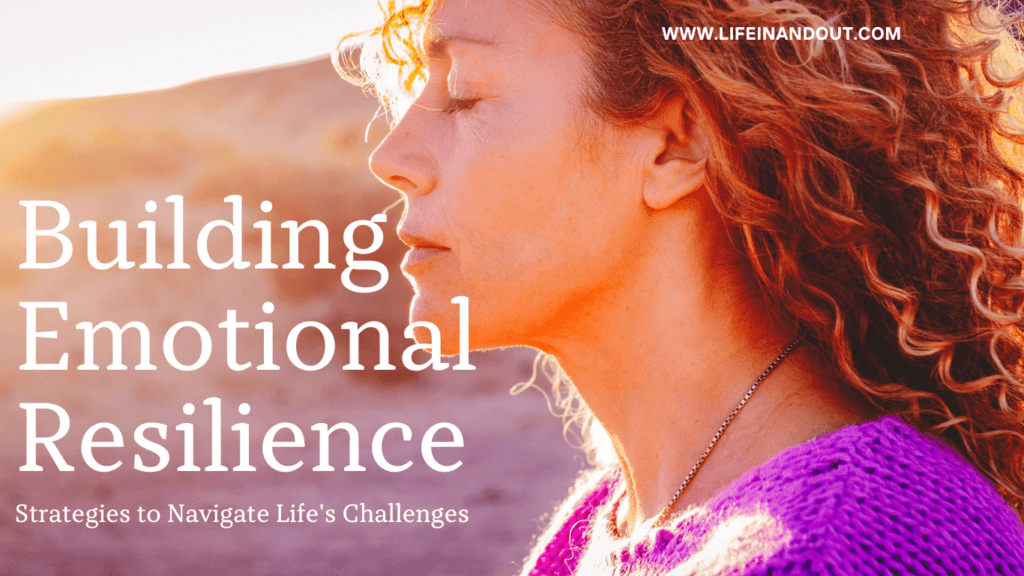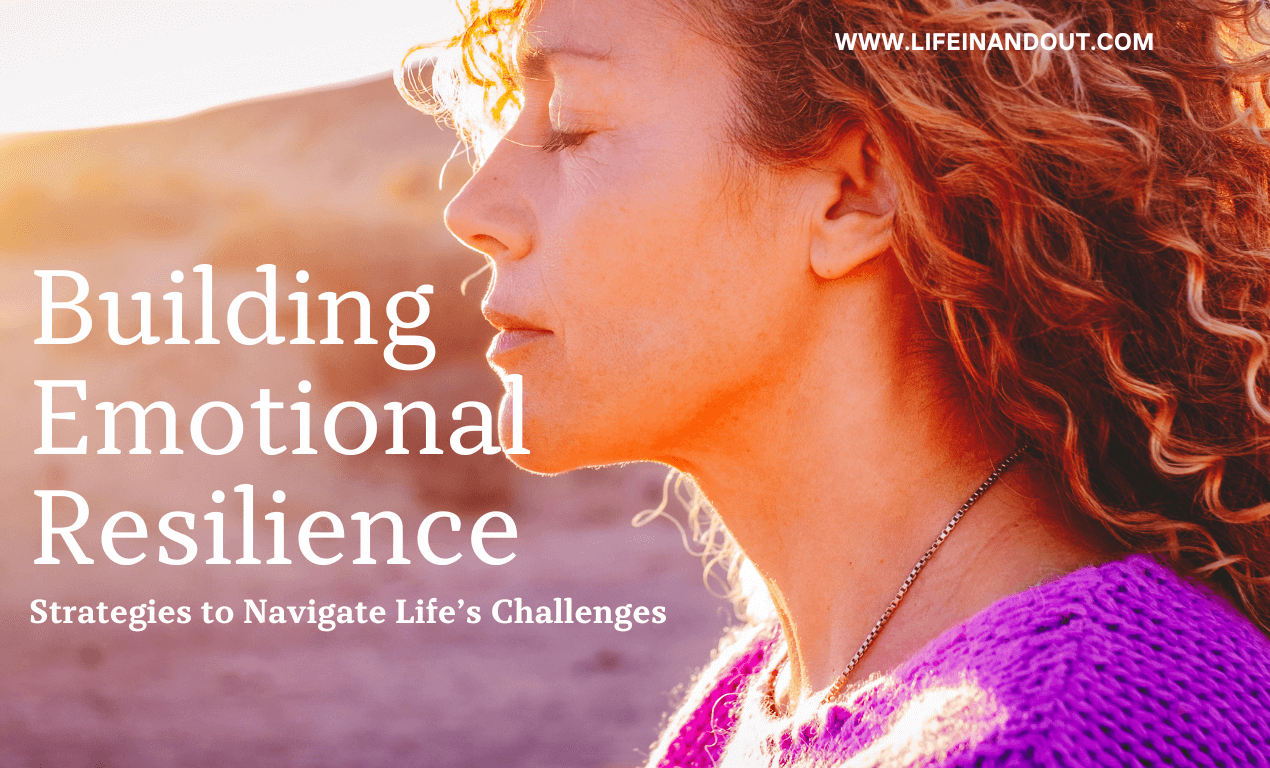In this fast-paced age where we face a lot of obstacles and unanticipated events, it becomes essential to develop emotional resilience. Emotional resilience is our ability to deal with and get over problems, challenges, and stresses. By building emotional resilience, we can boost our health, manage problems, and advance in the face of hurdles. In this blog post, we will look at helpful strategies to build emotional resilience while enhancing our mental and emotional strength.
Understanding Emotional Resilience
Emotional resilience refers to our ability to adapt, recover, and grow stronger from adversity and stress. It involves developing psychological and emotional resources that allow us to effectively navigate life’s challenges. Resilience isn’t about avoiding or stifling your feelings. Instead, it’s about finding good ways to deal with hard scenarios.
The Importance of Emotional Resilience
One of the most important parts of our mental health is to be able to bounce back from tough moments, and become even stronger than before. Emotional resilience is a crucial part of our general strength and security as we face the ups and downs of life.
It helps us recover from failures, get past problems, and keep an upbeat attitude. By building emotional resilience, we can lessen the bad effects of worry, get better at handling problems, and make our relationships with other people better.
Let’s have a look at some strategies on how to build emotional resilience:
1: Cultivating Self-Awareness
Building emotional resilience starts with self-awareness. Take enough time to know your emotions, strengths, and weaknesses. Recognize and acknowledge your feelings without judgment. This self-awareness forms the foundation for developing effective coping strategies.

Mindfulness practices are one way to help people become more self-aware. Mindfulness helps us pay attention to the here and now without judging it. We can watch our thoughts and feelings without getting caught up in them if we practice awareness. By going through this process, we understand quite a bit about how our beliefs, emotions, and thoughts affect how we react to different occurrences in life. It’s like looking into a reflection that shows our innermost being and lets us figure out more about ourselves. Being aware of this not only helps us see everything with greater insight, but also gives us the ability to make educated choices and tackle the twists and turns of life with more self-understanding and strength.
2: Developing a Positive Mindset
Maintaining a positive mindset is essential for emotional resilience. Focus on the silver linings and opportunities for growth in challenging situations. Practice positive self-talk and challenge negative thought patterns. Embrace optimism and cultivate gratitude for the present moment.
3: Practicing Self-Care

Caring for oneself is crucial for one’s emotional well-being. Engage in activities that bring you joy and relaxation. Prioritize sleep, exercise regularly, and maintain a healthy diet. Make time for hobbies, interests, and social connections. Taking care of yourself physically and emotionally builds resilience.
4: Building a Supportive Network
A strong support system is instrumental in developing emotional resilience. Surround yourself with positive and supportive individuals who uplift and inspire you. Seek out friends, family, or support groups that provide a safe space for sharing experiences and seeking guidance.
5: Embracing Change and Adaptability

Life is filled with change, and embracing it is crucial for emotional resilience. Accept that change is a natural part of life and focus on adapting to new circumstances. Develop flexibility and a willingness to learn from challenges. Embracing change opens doors to new opportunities and personal growth.
6: Learning from Failures and Setbacks
Failures and setbacks are inevitable, but they provide valuable lessons for personal growth. Embrace them as opportunities for learning and development. Reflect on your experiences, identify areas for improvement, and adjust your approach accordingly. Remember that failure is not a reflection of your worth but a stepping stone to success.
7: Setting Realistic Goals
Setting realistic and achievable goals is essential for building emotional resilience. Break down larger goals into smaller, manageable tasks. Celebrate each milestone along the way, as it reinforces your progress and motivates you to keep going. Setting realistic goals helps build confidence and resilience.
8: Practicing Mindfulness and Stress Management
Mindfulness and stress management techniques are powerful tools for building emotional resilience. Engage in mindfulness meditation, deep breathing exercises, or yoga to cultivate a sense of calm and focus. Manage stress by prioritizing tasks, delegating when possible, and practicing effective time management.
Related: Discover 10 Home Remedies to Reduce Stress and Restore Inner Balance
9: Enhancing Problem-Solving Skills
Developing strong problem-solving skills enhances emotional resilience. Break down problems into smaller parts, brainstorm potential solutions, and evaluate their effectiveness. Seek different perspectives and collaborate with others when facing complex challenges. Building problem-solving skills empowers you to tackle adversity effectively.
10: Developing Emotional Intelligence
Emotional intelligence involves understanding and managing your own emotions and empathizing with others. Cultivate empathy, active listening, and effective communication skills. Developing emotional intelligence strengthens your relationships and enhances your ability to navigate challenging social situations.
11: Seeking Professional Help and Guidance
There may be times when seeking professional help and guidance becomes necessary. In case you find it difficult to deal with stress or emotional challenges, reach out to a mental health professional. They can provide valuable support, tools, and techniques to build emotional resilience.
12: Finding Meaning and Purpose
Finding meaning and purpose in life fosters emotional resilience. Identify your values, passions, and goals that give your life meaning. Engage in activities aligned with your values and find a sense of purpose in your work, relationships, and personal endeavors. Finding meaning provides a sense of direction and motivation during challenging times.
13: Embracing a Growth Mindset

Embracing a growth mindset is a powerful way to build emotional resilience. A growth mindset believes that our abilities and intelligence can be developed through dedication, effort, and learning from experiences. By adopting a growth mindset, we view challenges as opportunities for growth and see setbacks as temporary obstacles rather than permanent failures.
When faced with adversity, individuals with a growth mindset approach the situation with curiosity and a willingness to learn. They recognize that setbacks and failures are natural parts of the learning process. Instead of being discouraged, they see these experiences as stepping stones toward personal and emotional growth.
Conclusion
Building emotional resilience is a lifelong journey that empowers us to navigate life’s challenges with strength and grace. By implementing the strategies mentioned in this article, you can improve your emotional well-being, cultivate a positive mindset, and grow in the face of adversity. Remember that building emotional resilience takes time and effort but is well worth the investment in your overall happiness and success.
FAQs (Frequently Asked Questions)
1: How long does it take to build emotional resilience?
The time it takes to build emotional resilience varies for everyone. It is a long ongoing process that requires consistent practice and self-reflection. With dedication and perseverance, you can gradually strengthen your emotional resilience over time.
2:Can anyone develop emotional resilience?
Yes, emotional resilience is a skill that can be developed by anyone. It involves learning and implementing effective coping strategies, cultivating self-awareness, and seeking support when needed. With commitment and effort, anyone can enhance their emotional resilience.
3: Is emotional resilience the same as being tough?
No, emotional resilience is not about being tough or suppressing emotions. It is about acknowledging and processing emotions while developing healthy coping mechanisms. Emotional resilience involves adaptability, self-awareness, and the ability to bounce back from challenges.
4: How can emotional resilience improve relationships?
Emotional resilience enhances relationships by improving communication, empathy, and conflict-resolution skills. When individuals are emotionally resilient, they can respond to challenging situations with understanding and compassion, strengthening their connections with others.
5: Where can I find additional resources on building emotional resilience?
For additional resources on building emotional resilience, consider consulting books, articles, and reputable websites that focus on mental health, personal development, and psychology. Professional mental health organizations and therapists can also provide valuable guidance and support.


Discover 10 Home Remedies to Reduce Stress and Restore Inner Balance | LifeInAndOut
[…] Related: Building Emotional Resilience: Strategies to Navigate Life’s Challenges […]
Amanda
I’m currently working on building emotional resilience and some stress management. This article was well written. It covers tips in a simple, but helpful, manner. I like that you did the questions at the end too. Thank you.
tehreem1292
Im glad you found it helpful.
A. H.
These are wonderful steps! Love the one on building community, so important. Thanks for sharing!
tehreem1292
My pleasure.